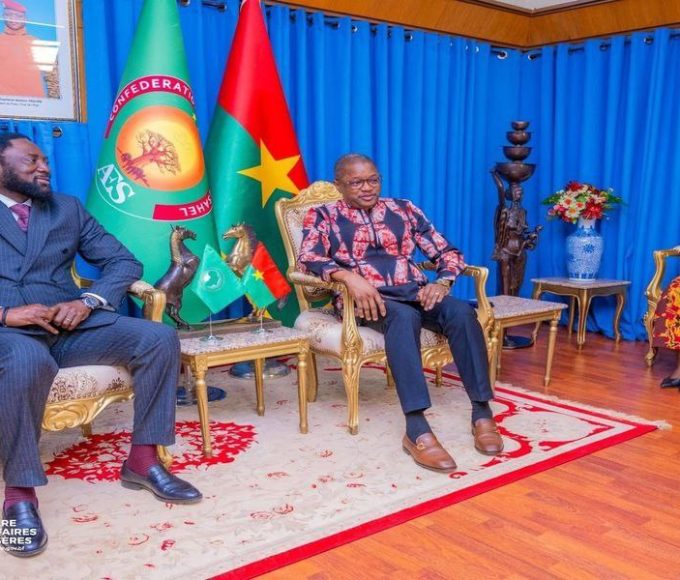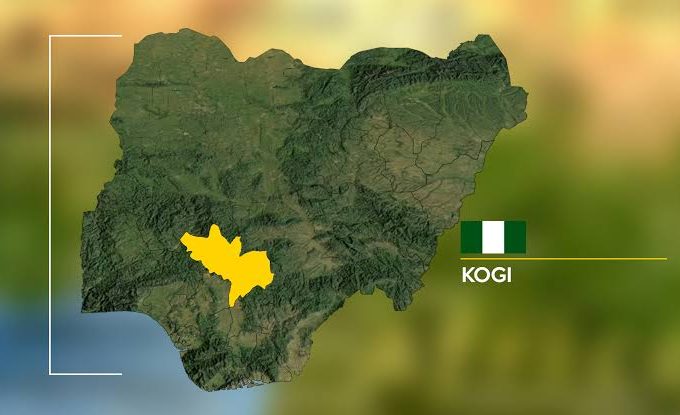
China has imposed a 34 per cent retaliatory tariff on U.S. goods. This is a direct response to a new trade policy announced by U.S. President Donald Trump.
China’s Ministry of Finance announced the move after Trump’s new “Liberation Day Reciprocal Tariffs,” which slapped a 34 per cent duty on Chinese exports to the U.S. It follows an earlier 10 per cent tariff imposed by the Trump administration as part of a crackdown on countries accused of contributing to America’s fentanyl crisis. The list includes China, Canada, and Mexico.
In a joint response, three Chinese government agencies condemned the U.S. action and described its actions as violating international trade rules. “This is a typical unilateral bullying practice,” the finance ministry said.
China’s retaliation goes beyond tariffs. The Ministry of Commerce announced the addition of 11 American companies to its “unreliable entities” list. This would effectively block them from operating in China or with Chinese firms. It also restricted exports of seven rare earth elements to the U.S. – minerals essential for manufacturing high-tech products primarily sourced from China.
The Chinese General Administration of Customs said it would halt chicken imports from five major U.S. agricultural exporters and stop buying sorghum from a sixth. China will also pause shipments of medical equipment to the U.S., despite Trump’s decision to exempt some categories like semiconductors and pharmaceuticals from the new tariffs. All of China’s retaliatory measures are set to take effect next Thursday, 12 hours after the U.S. tariffs go live.
The Trump administration’s trade overhaul is global in scope. On April 2, the U.S. slapped a 14 per cent tariff on Nigerian exports. While speaking at the White House, Trump said the policy aims to protect American industries and punish “unfair trade practices.” Nigeria, which exported $6.29 billion worth of goods to the U.S. in 2023 while importing $3 billion, is being penalised for what the U.S. says is a long-standing 27 per cent tariff on American products.
The new trade policy introduces a 10 per cent duty on imports from over 50 countries. Higher tariffs are applied to countries with large trade surpluses. China tops the list with 34 per cent, followed by Vietnam (28 per cent) and the European Union (20 per cent).
Several African countries are also affected. Lesotho faces the highest tariff on the continent at 50 per cent. Botswana will be hit with a 37 per cent rate, South Africa with 30 per cent, Tunisia with 28 per cent, and Côte d’Ivoire and Namibia with 21 per cent. Kenya, Ghana, Morocco, and Egypt are subject to the standard 10 per cent tariff.
U.S. officials say the tariffs are necessary to rebalance trade and protect domestic businesses. However, markets have reacted sharply. Analysts warned of rising costs, supply chain disruptions, and a potential global slowdown.
World Trade Organisation Director-General Dr. Ngozi Okonjo-Iweala issued a formal statement on April 3 expressing concern over the situation. She confirmed that the WTO Secretariat closely monitors U.S. measures and their global impact.
While the situation is rapidly evolving, our initial estimates suggest that these measures, coupled with those introduced since the beginning of the year, could lead to an overall contraction of around 1% in global merchandise trade volumes this year, representing a downward revision of nearly four percentage points from previous projections.
“I’m deeply concerned about this decline and the potential for escalation into a tariff war with a cycle of retaliatory measures that lead to further trade declines,” she stated.
Okonjo-Iweala warned of a possible tariff war and cautioned that a cycle of retaliatory actions could lead to trade declines and threaten global economic growth. She called on WTO members to act responsibly and maintain the integrity of the global trading system.
About The Author
Related Articles
African Union signals diplomatic reset with Sahel alliance states
The African Union has begun a new diplomatic approach toward the countries...
ByWest Africa WeeklyFebruary 11, 2026World Bank steps up support for Mali’s education sector
The World Bank has reaffirmed its commitment to Mali’s education system, pledging...
ByWest Africa WeeklyFebruary 11, 2026Atlas Oranto Hit by Licence Loss in Equatorial Guinea, Senegal, Venezuela
Nigerian oil magnate Arthur Eze’s company, Atlas Oranto Petroleum, is facing a...
ByWest Africa WeeklyFebruary 11, 2026Kogi Shuts Markets and Motor Parks in Crackdown on Terrorists
The Kogi State Government has ordered the temporary closure of selected markets...
ByWest Africa WeeklyFebruary 11, 2026













Leave a comment